Idaho bill targeting use of aftermarket parts meets opposition
The bill (1) added headlamps, fenders, hoods, tail lamps, and bumper components to the
definition of aftermarket crash parts; (2) added language to written disclosure statements
telling consumers that non-OEM crash parts may affect safety and performance of a vehicle,
and (3) recommended that consumers consult with a qualified industry expert or repair shop
before making any decisions regarding the use of non-OEM crash parts. Idaho’s SB 1233 is a
proposed amendment to Section 41-1328B of the Idaho Code, which would make it an “unfair
claim settlement practice for an insurer to specify the use of nonoriginal equipment
manufacturer aftermarket crash parts in the repair of an insured person’s motor vehicle, or for
a repair facility or installer to use non-OEM aftermarket crash parts to repair a vehicle, if the
consumer has not been advised in writing.” Although SB 1233 had only recently been
introduced in late January, it was swiftly advancing in the Idaho State Senate. During the
hearing, the committee heard testimony from individuals both supporting and opposing the bill
before ultimately voting to hold the bill in committee and thus preventing it from moving
forward. Similar legislation was also recently defeated in Washington state.
The national average backlog of work in shops eased for the fourth consecutive quarter in
January, reaching the lowest level in two years according to Crash Network. Despite the easing,
however, shop backlogs remain nearly twice as high as they averaged pre-pandemic in 2017-
2019. The average scheduling backlog is down by nearly two full weeks since it reached a high
of almost 6 weeks in the first quarter of 2023 and is now just shy of four weeks. While that’s
good news for consumers waiting to get cars repaired, this backlog is still up significantly from
the 2.1-week average recorded in the first quarter of the year pre-pandemic.
HEARING ON APPRAISAL CLAUSE BILL: Crash Network
During a House committee hearing in Washington state this last month, lawmakers heard
testimony for and against a bill HB2011 that would give policyholders the right to call for an
independent appraisal when there’s a disagreement about repair costs. Jeff Butler, a Seattle
shop owner who also operates as an independent adjuster through Collison Consulting of
Washington, told lawmakers that the amounts he helps consumers recover because of
underpaid claims are “shocking.” “$7,200 short-pay is my average recovery on a repairable
vehicle,” Butler testified. “That’s 78 percent more than the insurer’s last offer, 19 percent more
than on total loss cases…and I won those cases using the insurance company’s umpire. This is a
pattern and practice in Washington state.” The Automobile Body Parts Association (ABPA),
which represents manufacturers and distributors of non-OEM parts, submitted testimony
opposing HB 2011, focusing on other aspects of the bill. That portion of the bill states that,
“Restoration of the vehicle to its condition prior to the loss includes repair processes,” which
the bill defines “as the explicit processes, tolerances, and other technical requirements or
instructions for the repair of a motor vehicle…that the motor vehicle manufacturer makes
generally available to dealerships, independent repair shops, and insurers.” The bill states that
it does not mandate that an insurance company pay for OEM parts “except to the extent that
the use of alternate parts would fail to restore the vehicle to its condition prior to the loss.” The
ABPA told lawmakers that “any bill language restricting the use of alternative parts, in favor of
self-serving repair processes that primarily benefit OEM manufacturers, could lead to a
monopolistic environment detrimental to consumers.”




